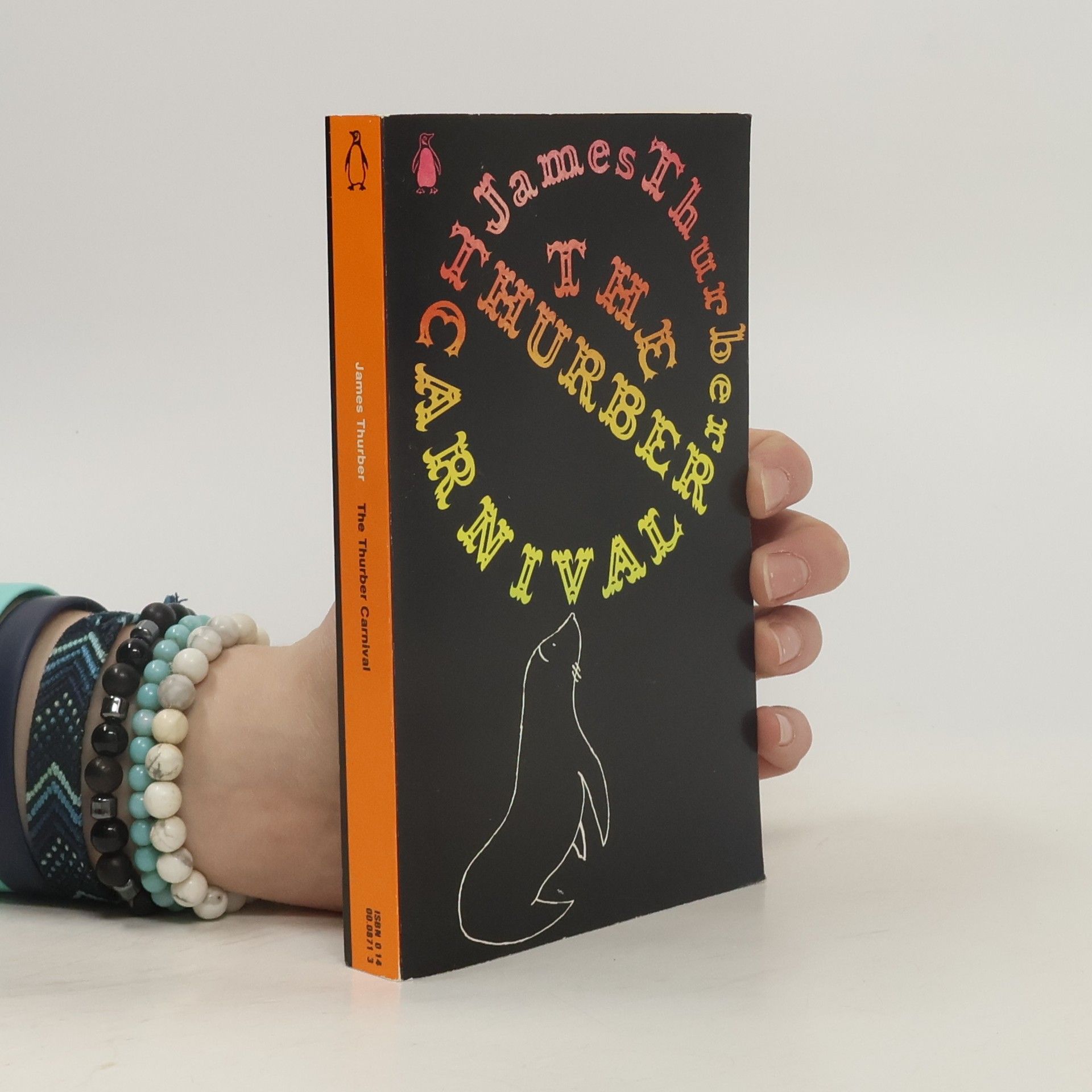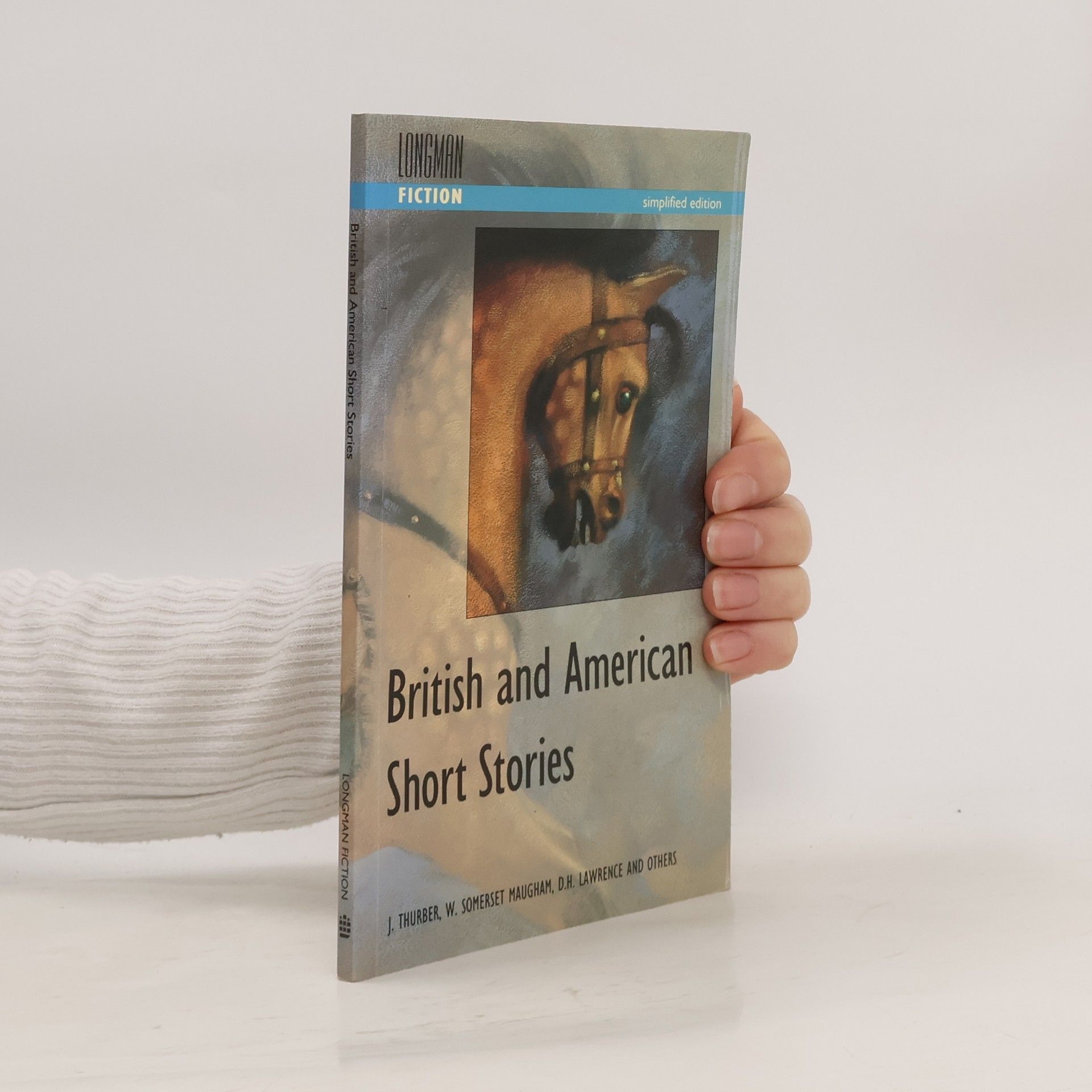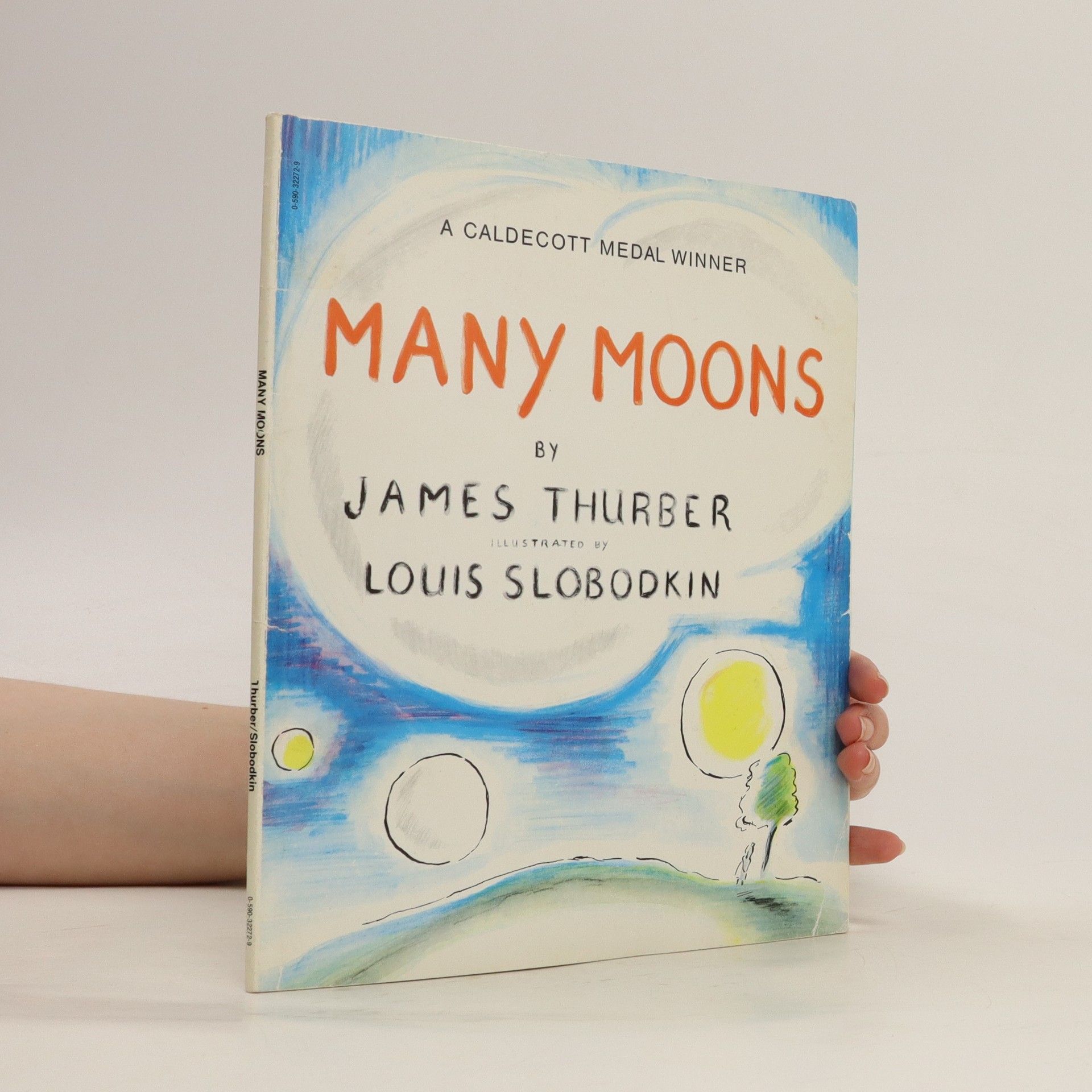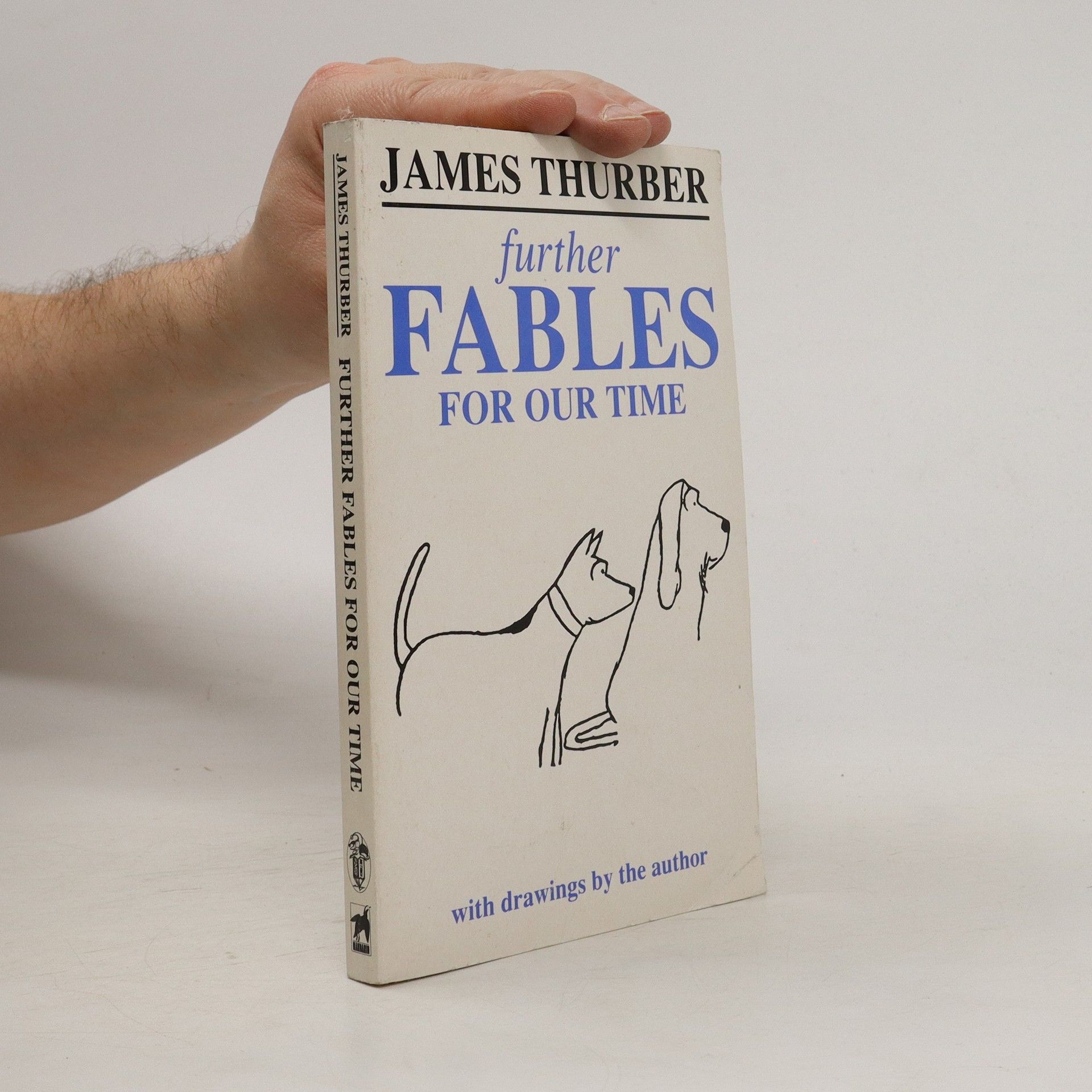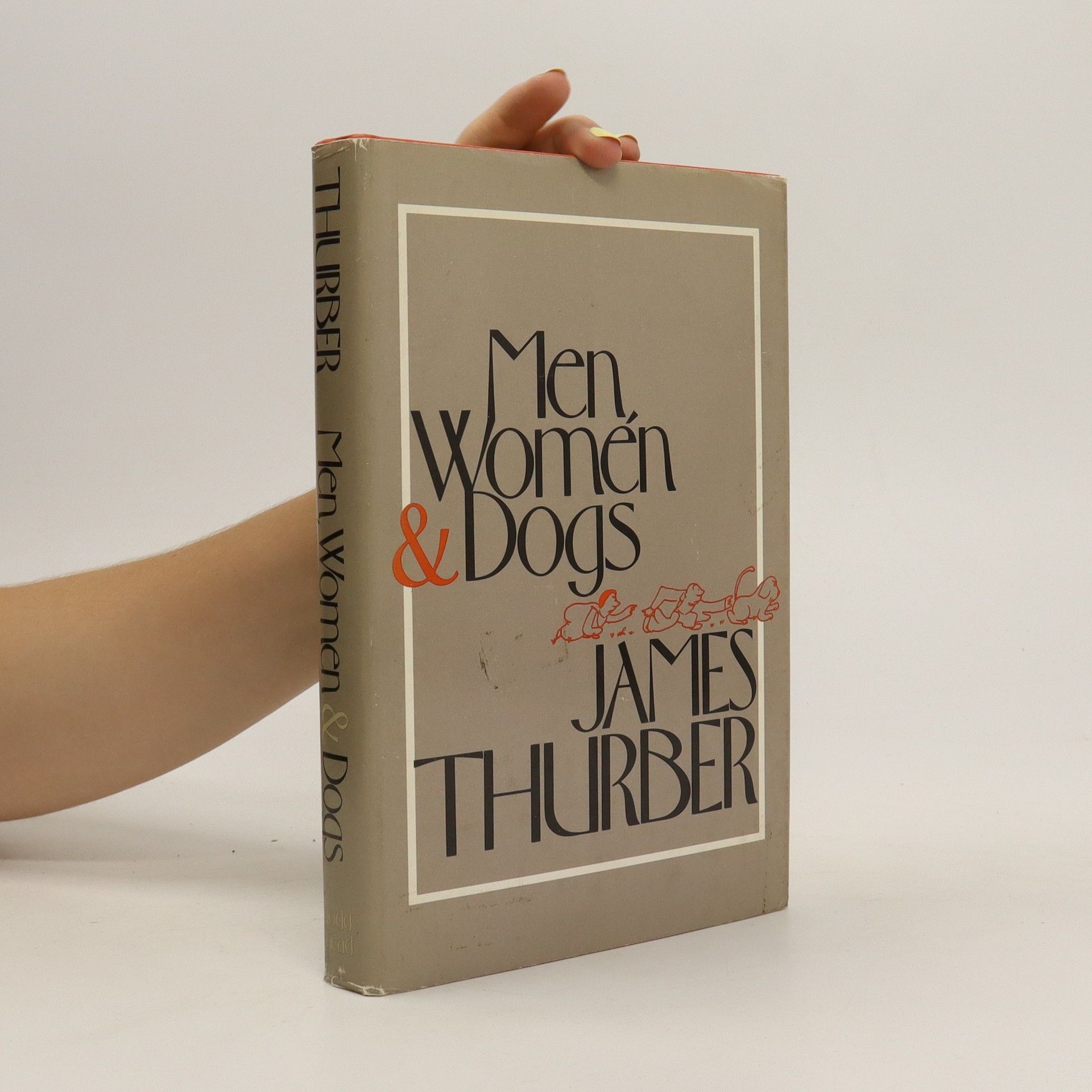Purché non sembri Natale
- 266pagine
- 10 ore di lettura
Natale è tempo di scelte e divisioni. Prima di discutere su pranzo o cenone, albero o presepe, panettone o pandoro, ci si confronta sulla festa stessa. Per alcuni, è magia e desiderio di bontà; per altri, è solo stress e routine. Si fronteggiano così gli amanti del Natale e i contrari, ma esiste una terra di mezzo ricca di sfumature. Questa raccolta nasce dal desiderio di esplorare questa via, offrendo punti di vista originali a chi è stanco delle opposizioni scontate. Le voci di autori italiani contemporanei e di penne internazionali si alternano per guidarvi in un viaggio inatteso. Pino Cacucci, Gianrico Carofiglio, Piero Colaprico e Antonio Pascale vi porteranno lungo le vie più oscure del male, mentre Maeve Brennan, James Herriot, Roberto Perrone e Nadia Terranova dimostreranno che anche il Natale più classico ha le sue crepe. Andrea Molesini, Luca Ricci e Jean Stafford presenteranno protagonisti insospettabili alle prese con lo spirito natalizio, mentre Morley Callaghan, Mavis Gallant e James Thurber evidenzieranno l'importanza di lasciarsi sorprendere. Le migliori sorprese, infatti, sono quelle che sfidano le aspettative, e il Natale non fa eccezione: ogni Natale ha un suo perché, purché non sembri Natale.




